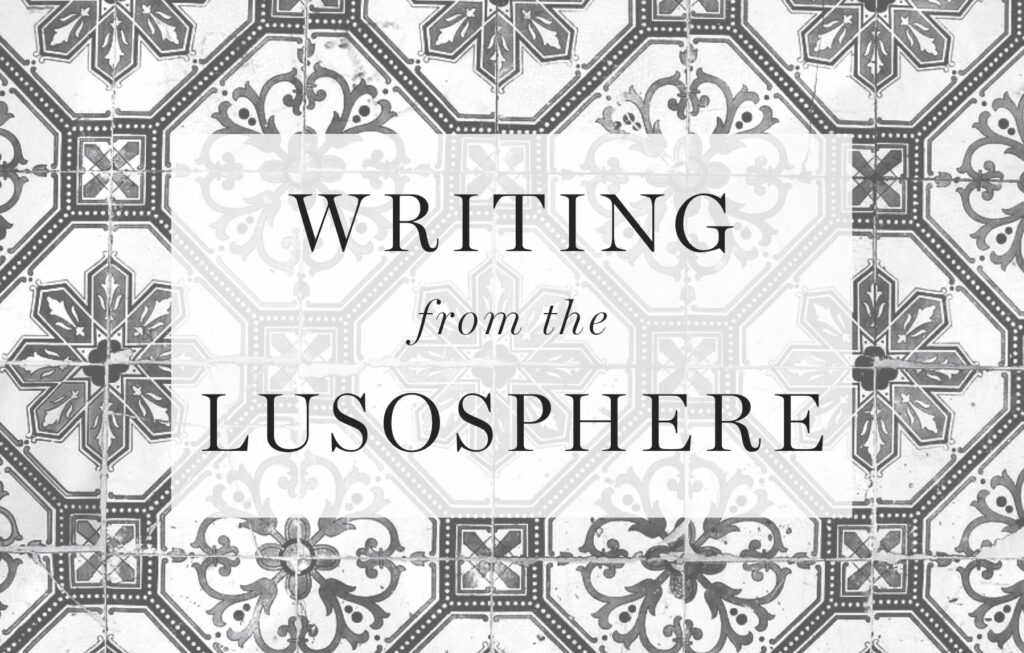By ELIZA BREWER
It was mid August when my mom and I made the trek into South Central Houston to visit Sidney. We wound through the dense medical district towards the massive complex of 5 buildings making up MD Anderson Cancer Center where Sidney, my mom’s former student, was being treated. As we made our way out of the parking garage, groping toward centralized air conditioning, I marveled at the sheer number of cars from all over the country occupying what was only a single corner of MD Anderson’s campus. I shouldn’t have been surprised. After dethroning Memorial Sloan Kettering as the U.S. News & World Report‘s best hospital in cancer care in 2015, MD Anderson boasted around 140,000 patients a year and rising.













